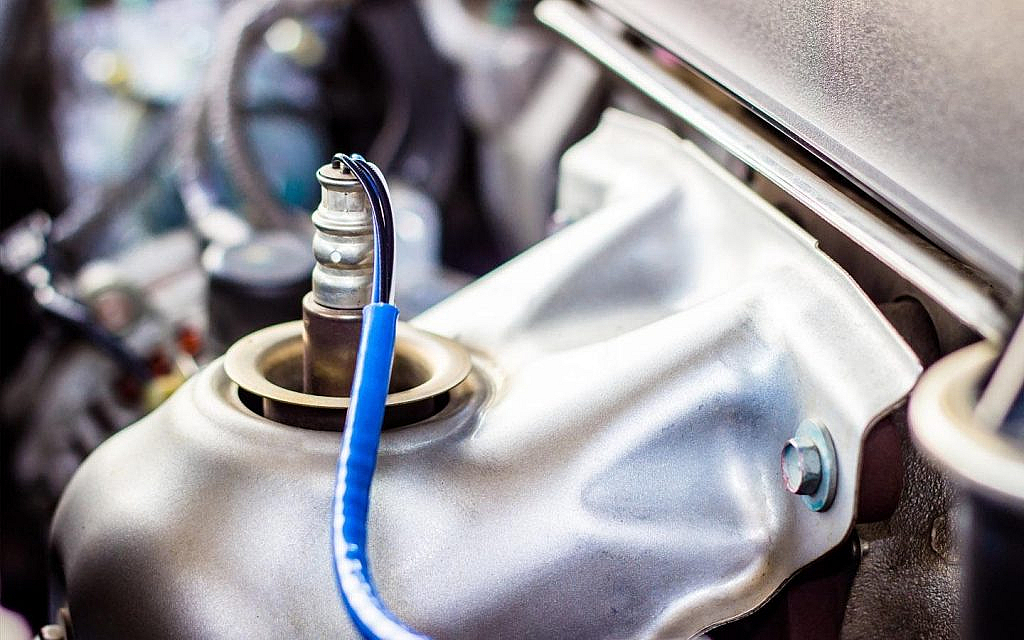The sensors in your car are a safety feature; they help you maintain good driving habits. By keeping your car sensors in good condition, you can avoid unnecessary damage to your vehicle and even to you and your passengers.
For example, if the airbag failed to deploy during an accident, this could cause serious injuries or even death. To prevent this situation, you have to keep your car sensors in top condition.
1.Diagnose Electrical Problems
The first thing you should do is to diagnose an electrical problem as soon as it occurs. If your car runs rough or doesn’t start or runs rough, the battery is likely weak and needs to be replaced.
If your vehicle starts but doesn’t run smoothly after that, the problem can be with the starter or alternator.
When diagnosing a loose battery connection or a faulty fuse, it is good to test each individually. You may use jumper cables to test for shorts between two points on the circuit board. If this doesn’t work, you have to go through more troubleshooting steps until you find out what’s wrong with your car.
2. Check The Battery Cable Connections
Next, you should check the battery cable connections on the ground and underbody of your vehicle. This will allow you to know if one of them is loose and causing issues with starting your car.
If you notice that they are all okay, replace them with new ones after checking out their condition to see if they are old or damaged.
3. Clean Regularly
Another thing you should do is to always clean your car sensors. Doing this can remove dust and dirt, which can cause issues with the sensor’s ability to function correctly.
You can use a soft cloth or cloth diaper to wipe down the surface where the sensor sits. You should also ensure that there are no dirt particles or oil on the surface. If any residue is left behind from previous cleaning attempts, you might want to do one more attempt before moving on to something else.
4. Not Leave The Sensor In Direct Sunlight
Sunlight is harsh on electronic devices, especially car sensors. If you leave your car outside for long periods, the ultraviolet rays will damage your car’s sensors. For example, it might cause an anti-lock braking system to stop working correctly or a cruise control system to slow down or stop altogether.
If you want to keep your car sensor in good condition, you should avoid leaving it in direct sunlight. Instead, park your car under a shady tree or inside a garage to prevent damage from occurring.
5. Keep An Eye On Your Car’s Oil Level
Keeping up with your car’s oil level is essential because it can affect how well your car sensors work. If there are too many contaminants in the oil, it can damage the sensors and make them less effective at detecting obstacles. The same is true if there isn’t enough oil in the engine. An overfilled machine can have the same effect on your car’s sensors as a small amount of contamination in the oil.
Thus, you must check your car’s oil level regularly and monitor how much it drops. If it keeps dropping, the sensor may be wrong, and you should take it to a mechanic immediately.
6. Adjust Sensor Alignment
If your car’s sensors are misaligned, it can cause issues with the system. Also, they will need more time to pick up on vibrations. This can affect the performance of the airbags and seat belt tensioners.
The sensors are aligned by adjusting the sensor bracket on each side of your car. To change the sensor brackets, you’ll need to remove them from the vehicle and rotate them in either direction until they are flush against each other. Once you have adjusted them, replace them into your car and then test drive to ensure that everything works correctly now that they’ve been aligned perfectly.

